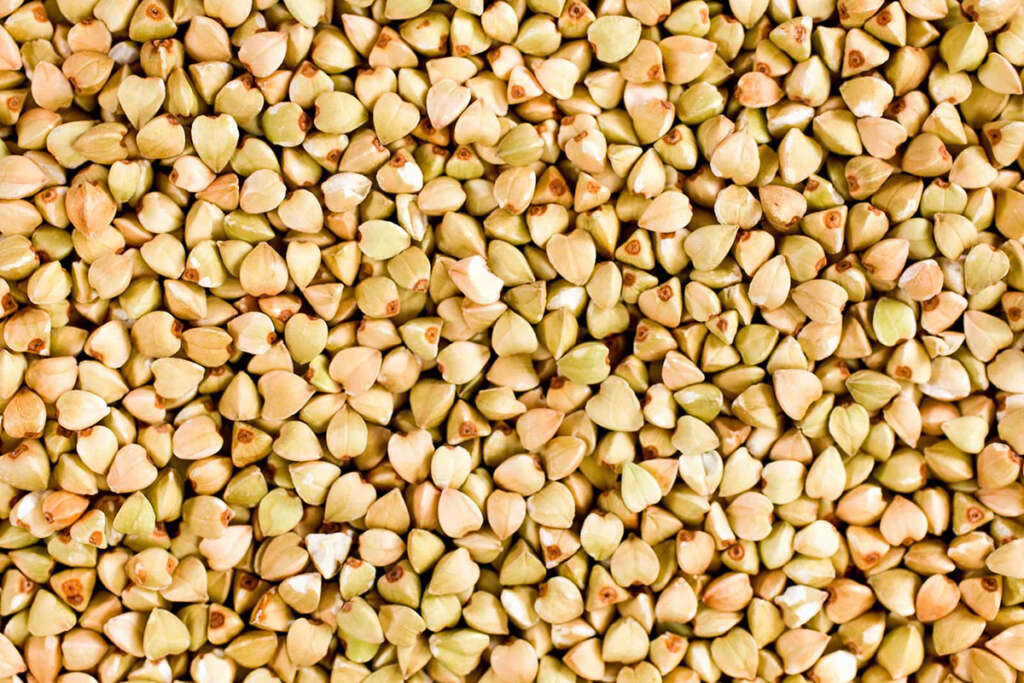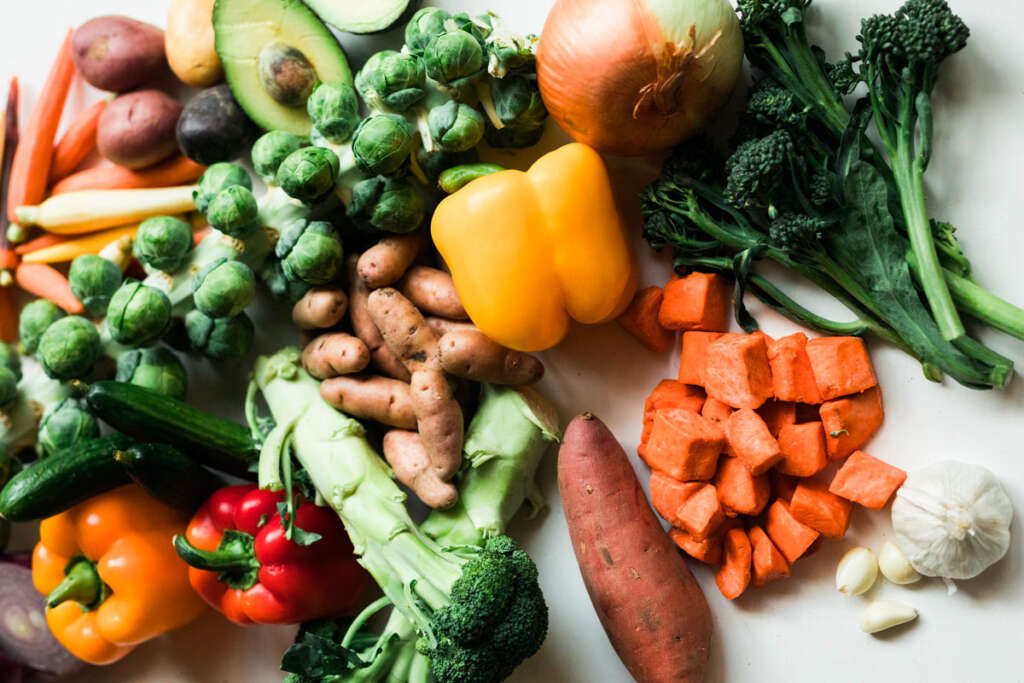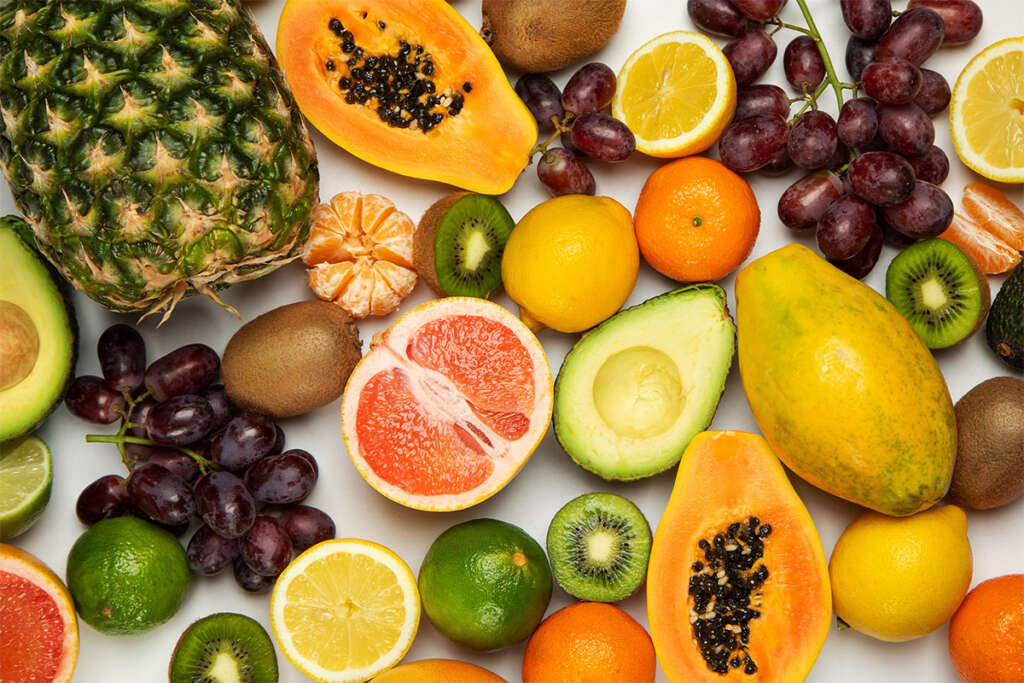We are launching a mini-series about whole foods that are good for your health in many ways, making them a better choice than most processed foods. In this first collection of the series we will present 5 healthy whole grains to you. Buckwheat, quinoa, oats, brown rice, and bulgur are all nutritious grains (to be more precise, buckwheat and quinoa are pseudo-grains).
Buckwheat
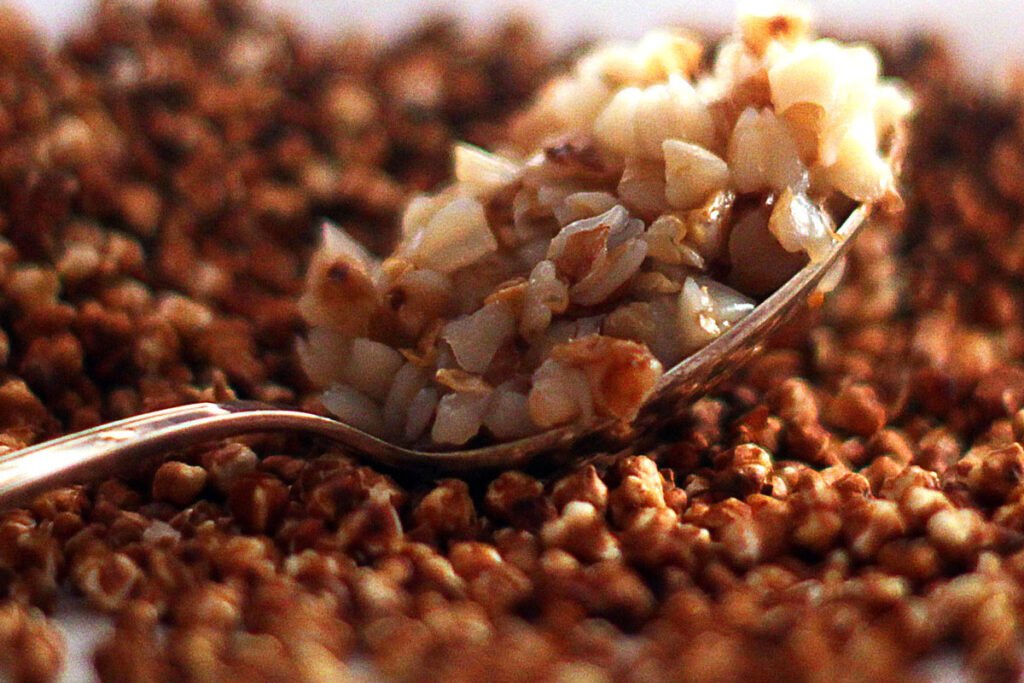
| Nutritional facts (per 100g cooked) | |
| Calories | 118 kcal |
| Protein | 4.3g |
| Fat | 1.2g |
| Carbohydrates | 21.3g |
| Fiber | 2.1g |
| Minerals | Magnesium, copper, manganese |
Buckwheat is a gluten-free pseudocereal with high protein and fiber content. It’s a great source of energy, contains various B vitamins, and is rich in minerals such as magnesium, manganese, and phosphorus. It also contains antioxidants like rutin, quercetin, and D-chiro-inositol. The high fiber content helps digestion and can reduce blood sugar levels, which could come in handy for diabetes management. Its high antioxidant content reduces inflammation and the risk of heart disease. Also, as it’s high in fiber and protein, which kind of gives you feelings of fullness, buckwheat can help you lose weight.
Quinoa
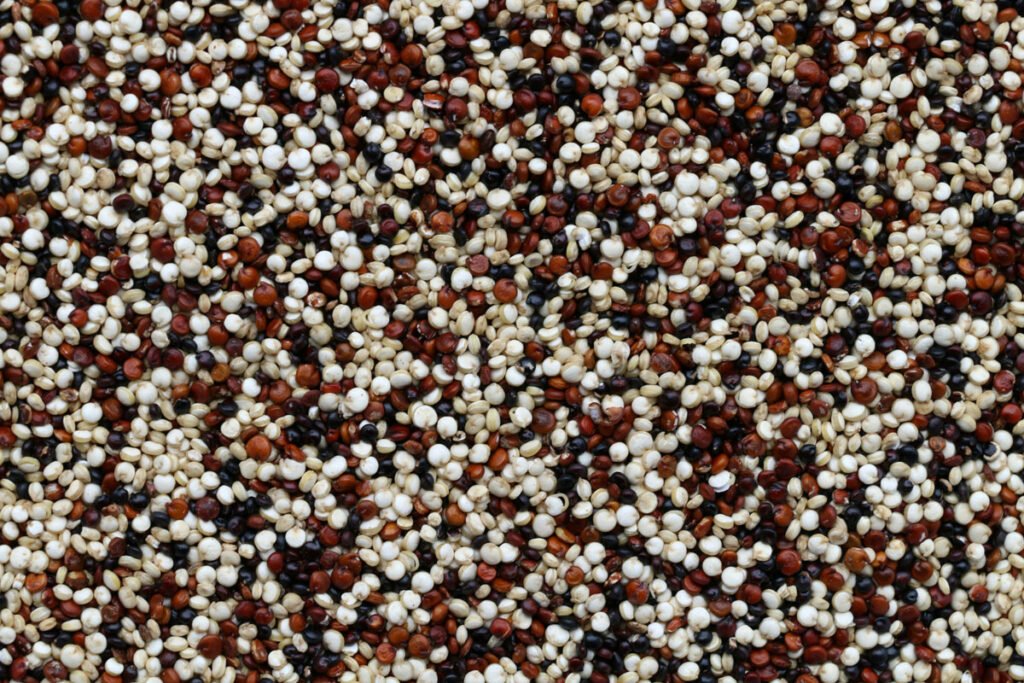
| Nutritional facts (per 100g cooked) | |
| Calories | 120 kcal |
| Protein | 4.4g |
| Fat | 1.9g |
| Carbohydrates | 21.3g |
| Fiber | 2.8g |
| Minerals | Magnesium, phosphorus, manganese, folate |
Quinoa is another gluten-free pseudocereal which happens to be a complete protein. It means it contains all nine essential amino acids which is great news for vegetarians and vegans. It is also rich in fiber, B vitamins, vitamin E, and minerals such as iron, magnesium, and manganese. Quinoa is high in antioxidants like quercetin and kaempferol. With its high fiber content it’s easier to digest it, which is also good for the heart because fiber can lower cholesterol levels. Also, quinoa’s rich mineral content is great for the bones and energy production.
Oats
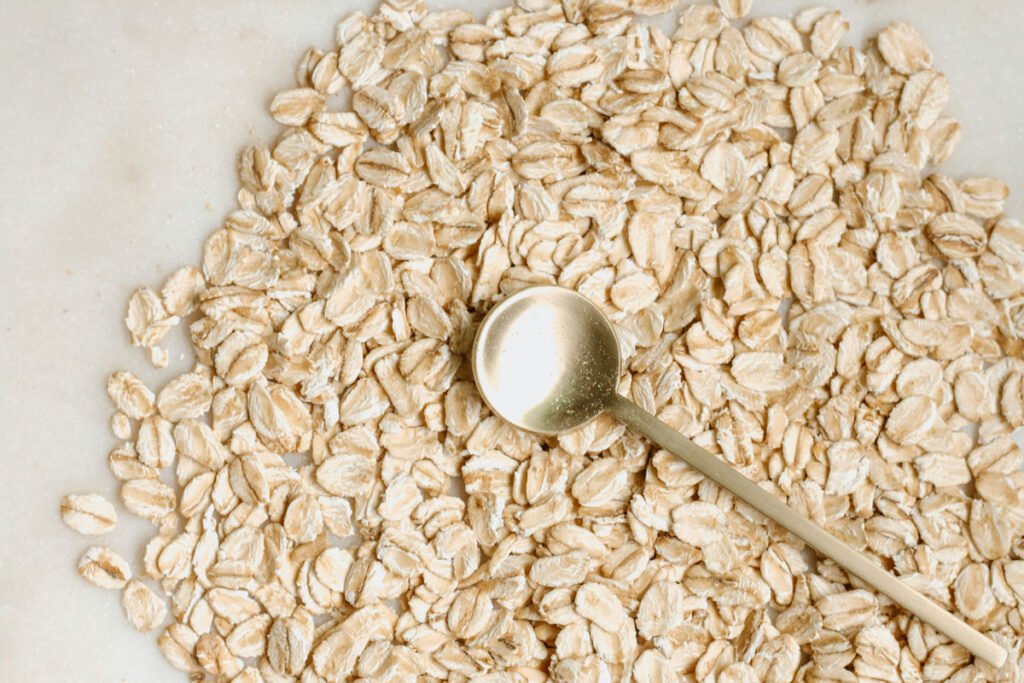
| Nutritional facts (per 100g cooked) | |
| Calories | 71 kcal |
| Protein | 2.5g |
| Fat | 1.5g |
| Carbohydrates | 12g |
| Fiber | 1.7g |
| Minerals | Manganese, phosphorus, magnesium |
Oats are a whole grain high in fiber, especially beta-glucan, a type of soluble fiber (soluble fibers help improve digestion and lower blood sugar). They also offer a good amount of protein, B vitamins, and minerals like manganese, phosphorus, magnesium, and iron. Oats contain antioxidants called avenanthramides which have anti-inflammatory and anti-itching effects. The beta-glucan in oats can help lower cholesterol levels and improve heart health. Oats can also regulate blood sugar levels, making them potentially a good option for people with diabetes. Just like buckwheat, oats increase feelings of fullness.
Brown rice
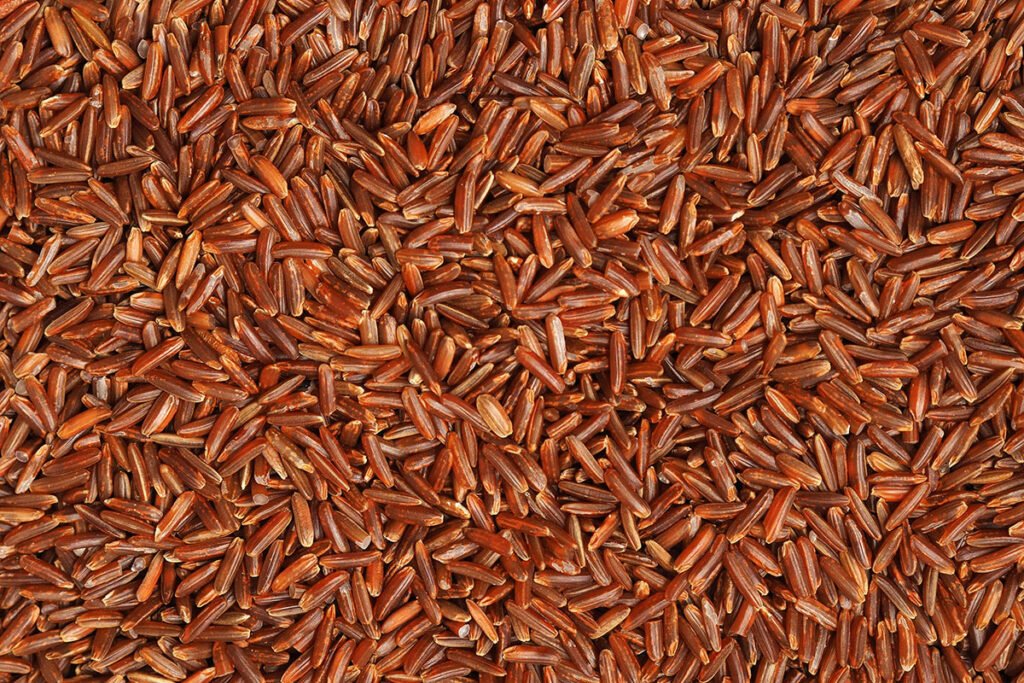
| Nutritional facts (per 100g cooked) | |
| Calories | 123 kcal |
| Protein | 2.6g |
| Fat | 1g |
| Carbohydrates | 25.8g |
| Fiber | 1.8g |
| Minerals | Magnesium, phosphorus, selenium |
Brown rice has its bran and germ intact, which makes it richer in fiber, vitamins, and minerals compared to white rice. It has vitamins such as B1 (thiamine), B3 (niacin), and B6 (pyridoxine), and is rich in magnesium, phosphorus, and selenium. Its fiber content helps digestion and lower cholesterol levels. It has a lower glycemic index (55) than white rice. Also, brown rice may reduce the risk of certain chronic diseases like type 2 diabetes and its lignans are good for the heart.
Bulgur
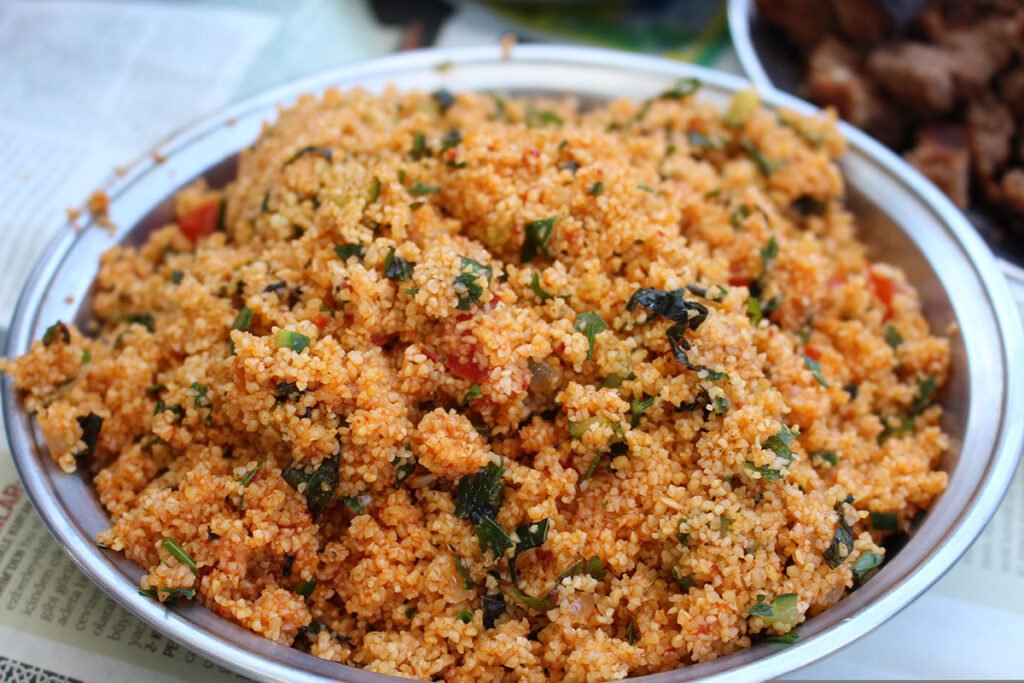
| Nutritional facts (per 100g cooked) | |
| Calories | 83 kcal |
| Protein | 3.1g |
| Fat | 0.2g |
| Carbohydrates | 18.6g |
| Fiber | 4.5g |
| Minerals | Manganese, magnesium, iron |
Bulgur, the popular ingredient of the Mediterranean and Middle Eastern kitchen, is a whole wheat grain that has been cracked and partially pre-cooked. It’s quick and easy to cook, high in fiber, protein, and contains a variety of vitamins and minerals, including B vitamins, iron, magnesium, and manganese. It can help with blood sugar and contribute to cardiovascular health due to its fiber and mineral content. As it’s low in fat and calories, it can help lose weight.
Wrapping up
Whole foods are minimally processed or not processed at all. They are healthy and full of nutrients, fiber, and antioxidants. By adding them to your diet, you can enjoy many health benefits, such as a stronger immune system, better digestion, heart health, blood sugar and cholesterol levels, and a reduced risk of diabetes, obesity, and other diseases. Avoid processed and choose healthy whole foods.
